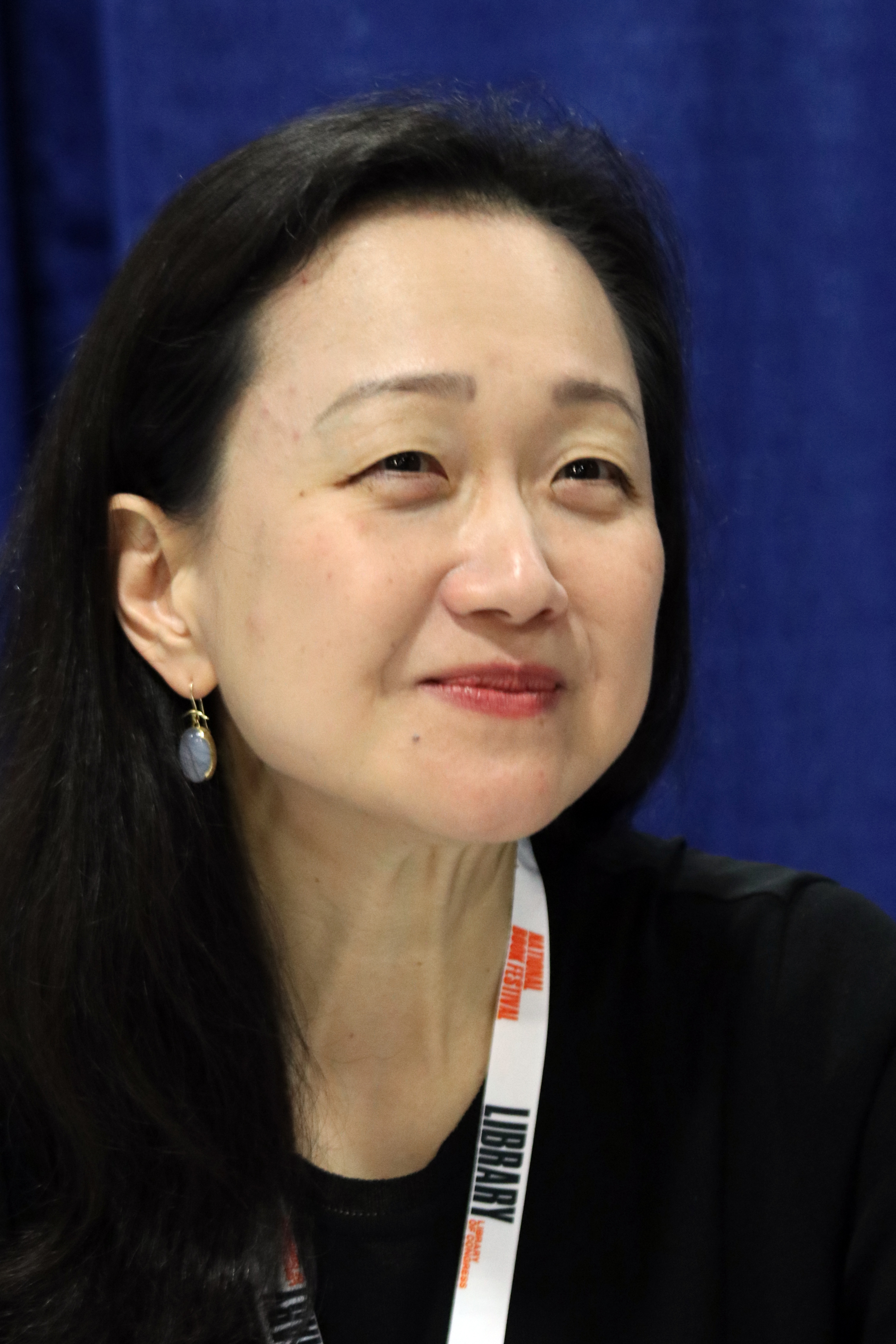



For the courses she couldn’t take, Lee checked their syllabi and hit the bookstore. A history major in college, she crammed her schedule with extra classes in logic, sculpture, philosophy, and more. In high school she published articles in a South Korean newspaper. But the early signs of a writer were there, along with a deep desire to learn. She describes herself as a shy child who struggled to make friends and to focus in school. “Most of writing is like plumbing, and laying the floor, and digging the basement, and then layering it brick by brick by brick until you have the edifice,” Lee likes to tell her students.īorn in South Korea, Lee moved to Queens, N.Y., with her family in 1976 when she was 7 years old. The rigorous prep work helps her craft her novels from the ground up as the words take shape on the page. Gellert Fellow at the Radcliffe Institute for Advanced Study, builds narratives rooted in history and informed by years of research. Today, instead of designing homes or office towers, Lee, a National Book Award finalist for “Pachinko” and the Catherine A. “I am very visual,” said Lee on a fall afternoon in her Harvard office, where she is completing the final book in her trilogy, which already includes “Free Food for Millionaires” (2007), and a sweeping tale of four generations of Koreans in Japan titled “Pachinko” (2017). Through desperate struggles and hard-won triumphs, its members are bound together by deep roots as they face enduring questions of faith, family, and identity.When she was young, long before she became a best-selling author, Min Jin Lee wanted to become an architect. So begins the tale of an exceptional family in exile from its homeland and caught in the indifferent arc of history. But her decision to abandon her home, and to reject her son’s powerful father, sets off a dramatic saga that will echo down through the generations. Deserted by her married lover, Sunja is saved when a young tubercular minister offers to marry and bring her to Japan. Pachinko follows one Korean family through the generations, beginning in early 1900s Korea with Sunja, the prized daughter of a poor yet proud family, whose unplanned pregnancy threatens to shame them all. She later worked as a lawyer for several years in New York prior to becoming an award-winning fiction writer. While attending Yale she was awarded both the Henry Wright Prize for Nonfiction and the James Ashmun Veech Prize for Fiction. Lee’s debut novel, Free Food for Millionaires, was one of the “Top 10 Novels of the Year” for The Times (London), NPR’s Fresh Air, and USA Today. Min Jin Lee’s National Book Award finalist, Pachinko, is a gorgeous, page-turning saga where four generations of a poor Korean immigrant family fight to control their destiny in 20th-century Japan, exiled from a home they never knew.


 0 kommentar(er)
0 kommentar(er)
